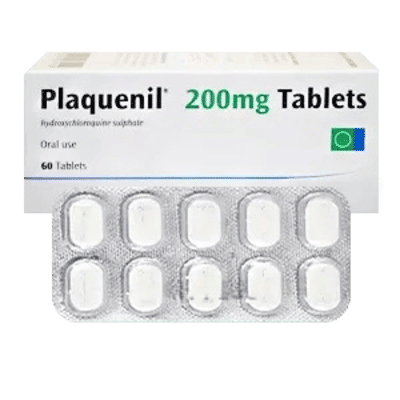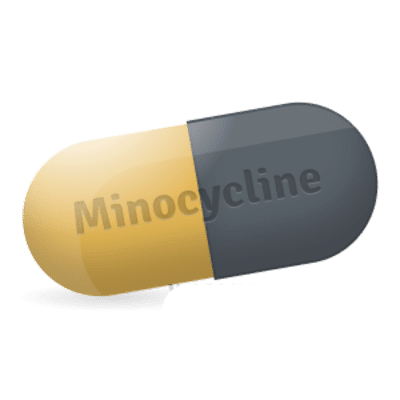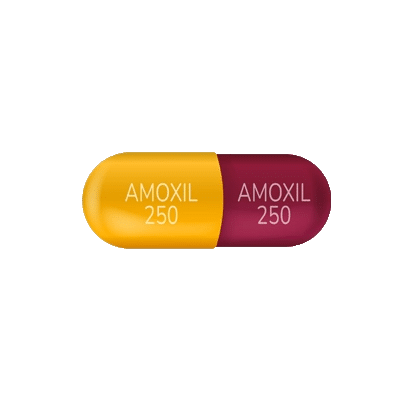After starting the course of treatment with Erythromycin, I noticed a significant improvement in my condition within a few days. The main symptoms of the infection began to quickly recede, and overall the drug showed its high effectiveness. Fortunately, there was no need for additional courses of treatment.

Erythromycin
- Quality products
- Support 24/7
- Fast delivery
What is it?
Erythromycin is an antibiotic that belongs to the group of macrolides. This drug is used to combat various bacterial infections. Erythromycin works by interfering with the growth of bacteria, which leads to their destruction. It is effective in the treatment of many different infectious diseases, including respiratory tract infections, skin and soft tissue infections, as well as urogenital infections and even some forms of pneumonia. This antibiotic is widely used in both inpatient and outpatient settings due to its effectiveness and broad spectrum of action. An important feature of Erythromycin is its ability to provide significant improvement in the condition already at the initial stages of treatment. This makes it a popular choice among doctors and patients.
Composition
The composition of Erythromycin includes the active substance erythromycin in various forms of release, such as tablets or suspension. It is important to note that in addition to the active component, the drug may also contain excipients. These substances help stabilize and bind the components, ensuring the stability of the drug and its effective action.
- Erythromycin is the main active ingredient that provides the antibacterial effect.
- Cellulose - used as a binding agent, often in tablet form.
- Starch - can be added to improve the texture and solubility of the drug.
- Lactose - serves as a filler, providing the necessary volume and weight of the tablet.
Excipients must be taken into account when prescribing the drug, especially if the patient is allergic to any of them. This avoids unnecessary side effects and ensures the safety of treatment.
How to use?
To use Erythromycin correctly, it is important to follow your doctors instructions and the instructions for use. Incorrect use of this medicine may reduce its effectiveness and increase the risk of bacterial resistance. The drug should be used according to the prescribed regimen, while maintaining precise dosages and intervals.
- The drug is taken orally with a full glass of water to avoid irritation of the esophagus.
- Erythromycin can be taken both on an empty stomach and with food - this depends on individual tolerance of the drug.
- Extended-release tablets should not be chewed or divided. They should be swallowed whole to ensure proper release of the active substance in the body.
Following these instructions can achieve maximum treatment effectiveness and minimize the risk of unwanted side effects.
How does it work?
The mechanism of action of Erythromycin is based on the inhibition of protein synthesis in bacterial cells. The drug binds to the ribosomes of bacteria, disrupting their ability to produce proteins necessary for life. This leads to a cessation of the growth and reproduction of microorganisms, which in turn facilitates the fight of the bodys immune system against infection.
The high efficiency of Erythromycin is explained by its ability to penetrate cells and pericellular spaces, which allows it to act on pathogens located both inside and outside cells. This is especially important in the treatment of infections caused by intracellular bacteria. Erythromycin, having pronounced antibacterial activity, demonstrates a rapid therapeutic effect, a noticeable improvement can be achieved within a few days after the start of therapy.
In addition, the drug has the ability to accumulate in foci of infection, which ensures its prolonged action. This allows you to shorten the course of treatment and reduce the frequency of use, which in turn reduces the burden on the body and minimizes the risk of side effects.
Indications
Erythromycin is indicated for the treatment of various bacterial infections. It has a broad spectrum of action, which makes it a universal remedy for combating various pathologies. It is important to note that the drug should be used only for confirmed infections caused by microorganisms susceptible to it.
- Respiratory tract infections, including bronchitis and pneumonia.
- Skin and soft tissue infections, such as cellulitis and abscesses.
- Urogenital infections caused by susceptible pathogens.
- Ear, throat and nose infections, including tonsillitis and sinusitis.
- Prophylaxis of rheumatic fever in patients allergic to penicillin.
Successful use of Erythromycin in these areas requires strict adherence to the doctors recommendations, which helps to avoid the development of resistance and ensures effective control of infection.
Contraindications
Erythromycin has a number of contraindications that must be taken into account before starting treatment. Using the drug in case of contraindications can lead to serious health consequences, so it is important to consult a doctor before using it.
- Allergy to erythromycin or other macrolide antibiotics.
- Taking drugs such as cisapride or pimozide, which can interact with Erythromycin, causing life-threatening arrhythmias.
- Liver disease, requiring careful monitoring of dosage and liver function.
- Myasthenia gravis, as the drug can worsen muscle weakness.
Pregnant and lactating women need to be especially careful when taking Erythromycin, as it can penetrate the placental barrier and into breast milk.
Side effects
Side effects from Erythromycin can range from mild to severe. Although not all patients experience them, it is important to be aware of the possible risks and know how to respond if any unwanted symptoms occur.
- Gastrointestinal disturbances, including nausea, vomiting, diarrhea, and abdominal pain.
- Central nervous system reactions, such as dizziness and headaches.
- Allergic reactions, such as skin rashes, itching, or hives.
- Increased liver enzymes and possible liver dysfunction.
If serious side effects occur, such as difficulty breathing or swelling of the face, you should seek immediate medical attention. This is important to prevent life-threatening reactions.
Frequently asked questions
Erythromycin Reviews and Experiences
The doctor prescribed me Erythromycin as an alternative because of my allergy to penicillin. I was pleasantly surprised at how gentle it was on my body. There were no serious side effects and the treatment went smoothly and without problems.
The medicine helped to quickly cope with the infection, and although I had some nausea in the first days, it quickly passed. I was pleased with the result and consider Erythromycin an excellent option for those looking for a reliable antibiotic.









